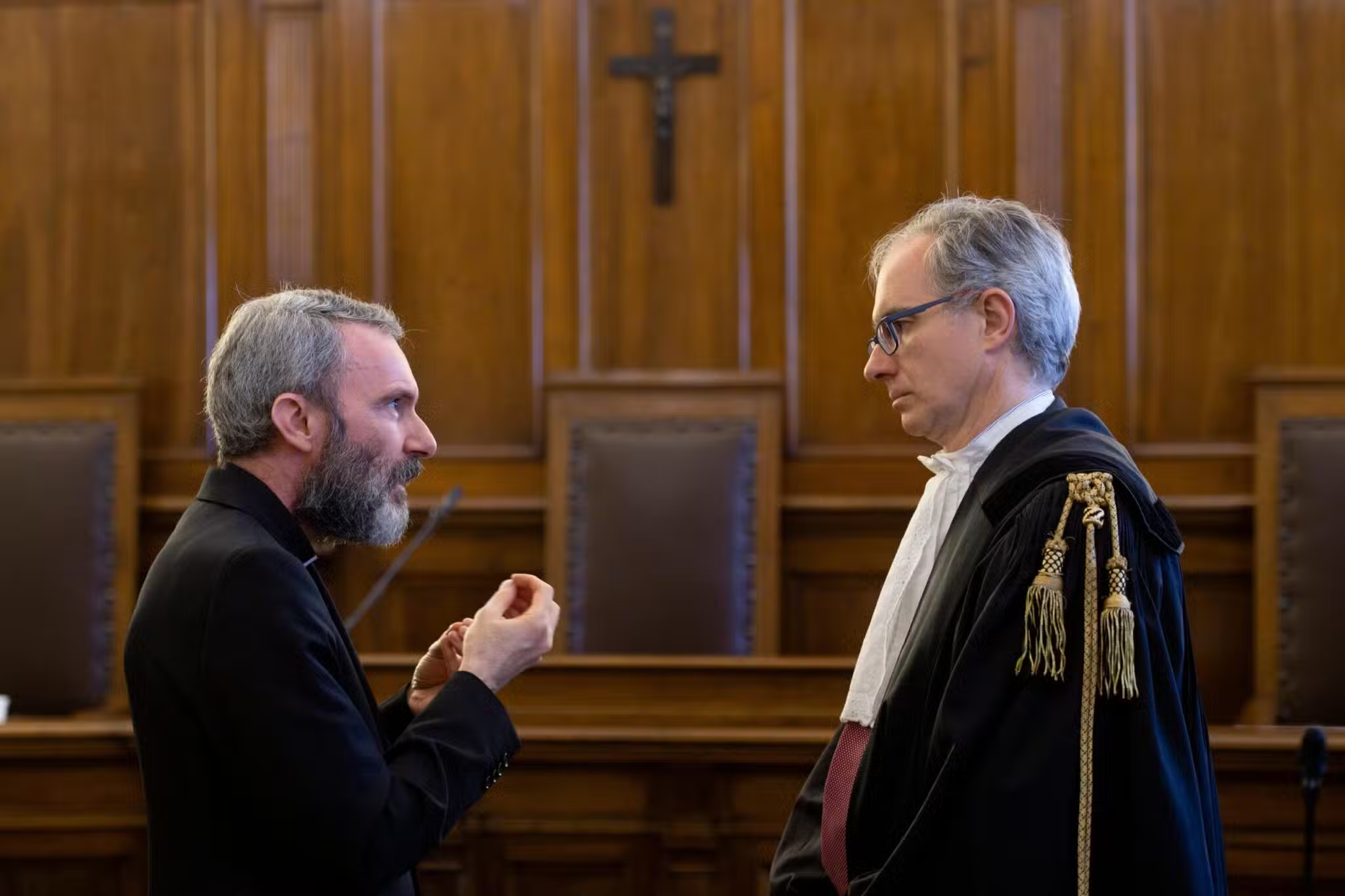The word change normally refers to new beginnings. But transformation, the mystery we’re examining, more often happens not when something new begins, but when something old falls apart. The pain of something old falling apart—chaos—invites the soul to listen at a deeper level. It invites, and sometimes forces, the soul to go to a new place because the old place is falling apart. Most of us would never go to new places in any other way.
The mystics use many words to describe this chaos: fire, dark night, death, emptiness, abandonment, trial, the Evil One. Whatever it is, it does not feel good and it does not feel like God. We will do anything to keep the old thing from falling apart. This is when we need patience and guidance, and the freedom to let go instead of tightening our controls and certitudes. Perhaps Jesus is describing just this phenomenon when he says, “It is a narrow gate and a hard road that leads to life, and only a few find it” (Matthew 7:13–14). Not accidentally, he mentions this narrow road right after teaching the Golden Rule. He knows how much letting go it takes to “treat others as you would like them to treat you” (7:12).
So, a change can force a transformation. Spiritual transformation always includes a usually disconcerting reorientation. It can either help people to find a new meaning or it can force people to close down and slowly turn bitter.
The difference is determined precisely by the quality of our inner life, our spirituality. Change happens, but transformation is always a process of letting go, living in the confusing, shadowy space for a while, and eventually being spit up on a new and unexpected shore. You can see why Jonah in the belly of the whale is such an important symbol for many Jews and Christians
In moments of insecurity and crisis, shoulds and oughts don’t really help; they just increase the shame, guilt, pressure, and likelihood of backsliding. It’s the deep yeses that carry us through. It’s that deeper something we are strongly for that allows us to wait it out. It’s someone in whom we absolutely believe and to whom we commit. In plain language, love wins out over guilt any day. It is sad that we settle for the short-run effectiveness of shaming people instead of the long-term life benefits of true transformation. But then, we are a culture of product and efficiency, not terribly patient with growth.
God clearly is much more patient—and, finally, much more effective. God lets Jonah run in the wrong direction, but finds a long, suffering, circuitous path to get him back where he needs to be—in spite of himself! That is patiently supporting inner transformation. Only God seems to have developed such a talent. We usually prefer order, control, predictability, and immediacy. I think that is probably the most striking difference between institutional religion and the God of mercy.








